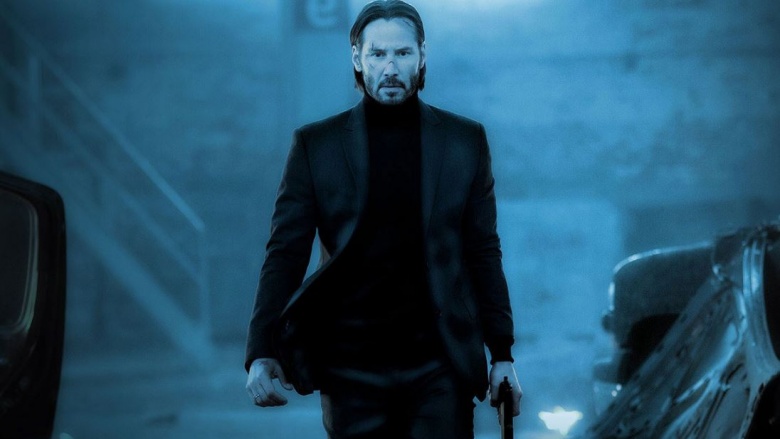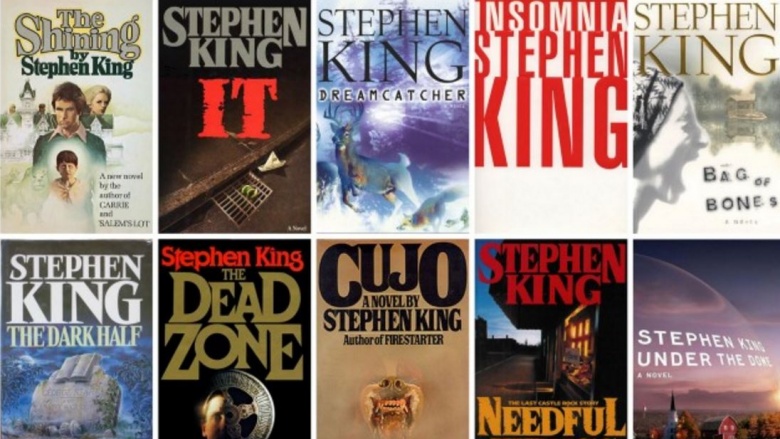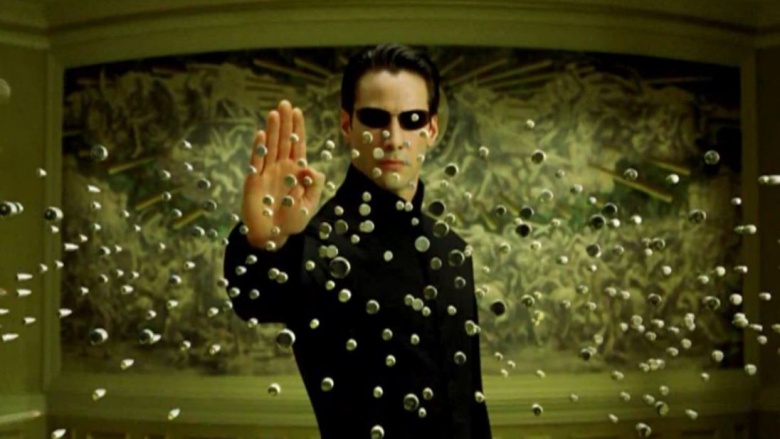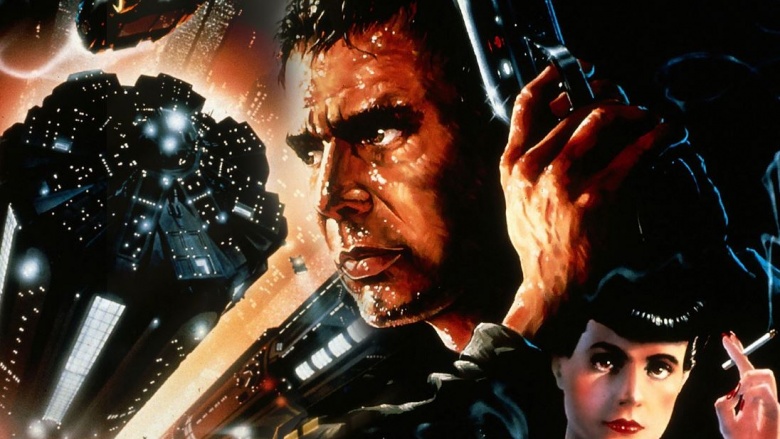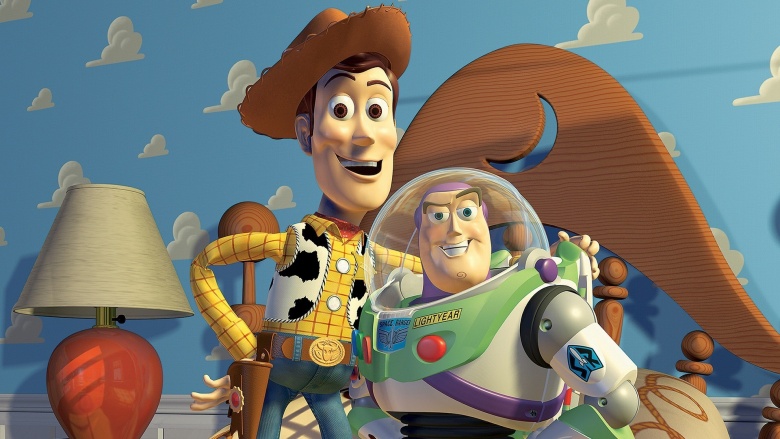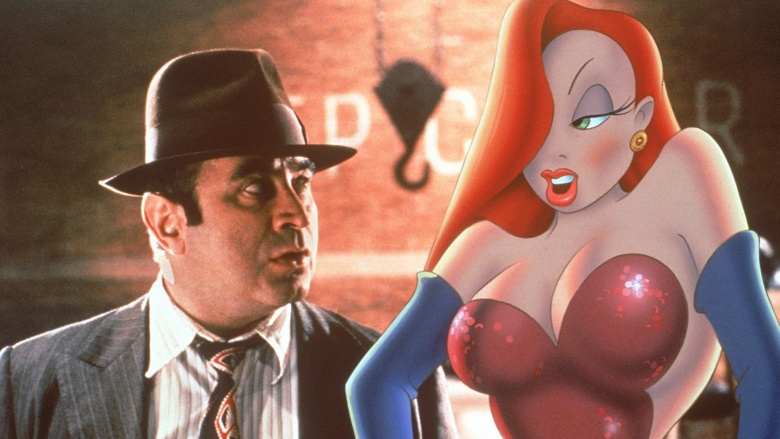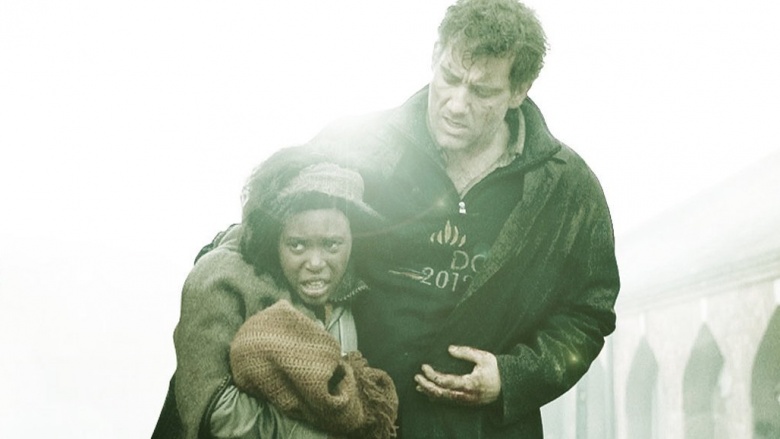Movie Universes That Deserve To Be Expanded
Star Wars. Harry Potter. the MCU and DCEU. Transformers. G.I. Joe. They all have, or will have, cinematic universes that expand far beyond a single film, or even a trilogy, to tell an overarching story. Interconnected spinoffs and sequels are what Hollywood wants right now—and for better or worse, we're getting them. So if expanded movie universes are what we're in store for, we might as well take a look at some movies that are begging to be expanded. Plenty of movies deserve the cinematic universe treatment—movies that hint at larger implications, more stories that need to be told, worlds that have incredible stories in every corner. So let's tell those stories, starting with...
John Wick
When Keanu Reeves' John Wick was released in 2014, everyone praised its action sequences, and for good reason. They were some of the most well-choreographed, best shot, most beautifully staged gunfights since The Matrix trilogy (which also happened to star Keanu Reeves). Clearly, if you want a movie with amazing gunfights, you hire Keanu. But even more impressive than the beautiful ballet of bullets was John Wick's world-building.
The universe the movie subtly constructs is vibrant. It's rich. It doesn't need to be explicitly stated, and it never is. It exists in the background and you see little bits and pieces of it as John Wick encounters new characters and navigates the tricky landscape of rules within the world of gangsters and hitmen. This underground society of bad guys who do bad things is filled with its own mythology and legends. It has power structures and hierarchies. It has its own currency in the golden coins characters exchange. There are alliances and rivalries tenuously held together by the unspoken law of the land. A thousand different stories could be told in this universe.
Anything By Stephen King
It's not immediately apparent unless you've read a lot of his books and have caught the connections, but Stephen King was doing expanded universes and interconnected stories long before cinematic universes came to Hollywood. Heck, you may not have realized it even if you're a huge King fan. There are entire flowcharts on the internet filled with a web of lines connecting books and characters to other books and other characters throughout the King canon. For instance, the 1958 Plymouth Fury from Christine was driven by a minor character in It. Multiple characters throughout his universe have "the shine," the power of clairvoyance Danny from The Shining exhibits, including mother Abigail from The Stand. King's Dark Tower series, which is currently being adapted into a film that acts as a kind of sequel to the book series, is so crammed with connections to the Stephen King universe that we don't have enough space in this article to detail them all.
King's universe already exists on the page; now all we need to be is an attempt to string them together onscreen. Here's one idea for how to make it happen: the Dark Tower series is the primary conduit for the Stephen King metaverse, and it's currently being filmed with Idris Elba in the lead role as Roland the gunslinger. At the same time, a feature film version of It is also on the way, and King himself has confirmed that Pennywise the clown from It and Dandelo from the Dark Tower series are from the same species of evil creature.
The connections wouldn't end there, but you get the point. All Hollywood needs to do is start connecting these movies into one overarching plot and some lucky studio has got themselves a cinematic universe.
The Matrix
The Matrix series ended at three films that could've been the start of a sprawling expanded universe of movies and possibly even TV shows, comic books, and video games. The Matrix could have been the new Star Wars. Sadly, the second two films in the trilogy didn't live up to the hype, and the series petered out of popularity from there. But there could have been more, and it could've been great. Look no further than the direct-to-DVD animated spinoff series The Animatrix.
Each film acts as a small argument for why there should be a Matrix expanded universe. Humanity's war against the machines, covered in the short film The Second Renaissance, could be a sprawling Game of Thrones-esque TV show on its own. World Record, a short film about a track runner who frees himself from the confines of robot enslavement through sheer force of will, offers a glimpse into how some people can escape the grasp of the machines without the help of a resistance movement. The multiple previous versions of the Matrix that existed before the rise of Neo could make for an excellent anthology series, where each season tells the full story of a failed Matrix.
And let's not forget that by the end of the film trilogy, a new version of the Matrix has started, one based on a supposed peace between humanity and the machines. How about a show or movie series that documents the tenuous balance required to fully achieve compromise and true peace between slaves who yearn for freedom and their masters, who don't know how to live any other way? The Matrix universe is ripe for the picking.
Blade Runner
The Matrix films owe a debt to Blade Runner, director Ridley Scott's classic, Harrison Ford-led adaptation of the Philip K. Dick novel Do Androids Dream of Electric Sheep? Not just aesthetically, but thematically. Both films revolve heavily around the ideas of mankind's inability to control its own creations.While Blade Runner 2 is currently in production, why stop at a second film? Or even a third? In truth, anything written by Philip K. Dick warrants its own expanded universe.
The story of Roy Batty, the film's rogue android antagonist, could be an entire series unto itself. We only hear bits and pieces of his backstory throughout the film. If those little slivers were expanded upon, they could form the basis for an entire series of films detailing how a Replicant comes to question his own existence and begins his journey to find an answer to the question at the core of the original film: "What does it mean to be human?"
A film or TV series based solely on off-world colonies could also be intriguing. People on Earth are encouraged to leave the planet, which has been decimated by pollution, and as an incentive, they're promised one free Replicant for their own use. A show or movie about the relationships between these Replicants and people living in off-world colonies would make for a fascinating case study on the perceptions of class and race. Some fleeing to a new world will be inherently better off than others. So what would happen if a Replicant starts to notice the differences between the way different classes of people and Replicants are treated?
Ghostbusters
Regardless of what you think about the recent all-female Ghostbusters reboot/remake/sequel, the Ghostbusters universe truly lends itself to expansion. Think about it—ghosts can't possibly be localized to the island of Manhattan. There is no in-canon explanation for why there's so much spiritual activity in New York, and the next logical step would be to expand the ghostbusting not only across America, but the globe. Ghosts would be humanity's problem, which means there can be Ghostbusters franchises everywhere—in Los Angeles, Miami, Cleveland, Alaska, Canada, China, and Japan. The Ghostbusters, as a business, started as a small enterprise of guys who were told their ideas were insane and were rejected by traditional institutions—but they ended up saving New York. Twice. Why wouldn't they eventually try to franchise this idea all over the world?
A similar idea has been posited by screenwriter Max Landis (son of legendary horror and comedy director John Landis). Max's idea for a Ghostbusters film starring the original cast would have seen the Ghostbusters running a corporation as they oversaw Ghostbusters franchises all over the country. Each team would be staffed by modern comedy stars—Key and Peele on one team, Judd Apatow's usual cast of actors on another, and so on.
Toy Story
Wherever Buzz, Woody, and the gang go, they encounter living toys just like them. So it stands to reason that every other toy in the world is also alive and going on adventures. On every house on every street there is a group of toy stories waiting to be told. But why stop in a house? Toy stores are briefly touched upon but never fully explored. When the last employee walks out of your local Toys 'R' Us and locks the door behind them, that place must turn into a bustling metropolis, its aisles jam-packed with toys congregating, throwing parties, going to work, and having town hall meetings to discuss the management of their toy utopia. Every day they can have a moment of silence for the toys purchased that day, and then welcome in the toys that were freshly stocked. Imagine going back to a previous era of toys. An era dominated by simple hand-stitched dolls. Since toys weren't as prevalent then, the story could be centered on simple toys from over a century ago meeting someone like themselves for the first time and trying, desperately (with plenty of classic Pixar pathos, charm, and wit) to find this other toy again. A search for belonging—it doesn't get more Toy Story than that.
Inception
Like John Wick, Inception gives us a small glimpse into a world that extends far beyond a relatively small collection of characters. All we're seeing is this team of dream thieves and their adversaries. If there are people in this secret underground world of dream manipulators who can break into your dreams, there have to be people doing things other than ransacking people's heads for loot, right?
Someone on some uber-secretive level of government must be aware of dream inception, and probably using it for their own altruistic/nefarious means. Agents who explore the subconscious of criminals under investigation to look for clues. Dream therapists who enter the minds of patients to try to solve their psychological and emotional issues from the inside. Criminal profiling would be revolutionized. Can you imagine how transformative entering someone's dreams—literally entering their mind the way an auto mechanic digs deep into the guts of a car—would be for the world of psychiatry? And with godlike powers of reality manipulation at their disposal, artists would enjoy a canvas unlike anything they've ever had before.
Unbreakable
If you don't remember Unbreakable (or have just never seen it), it's M. Night Shyamalan's attempt to create a comic book movie that wasn't based on a comic—and it was arguably under-appreciated, because it was released just before comic book movies became big business. Bruce Willis played a man who discovers he is impervious to harm. Throughout the course of the story, he discovers an arch-nemesis named Mr. Glass (so named because of his brittle bones) played expertly by Samuel L Jackson. Shyamalan wrote the film as a comic book superhero origin story, but presented the whole thing as a grounded supernatural mystery. He's expressed interest in writing and directing a sequel, but nothing has materialized so far.
You know how Batman v. Superman: Dawn of Justice haphazardly shoehorned the establishment of the Justice League into the film? Imagine that, but instead of Bruce Wayne it's Bruce Willis, and his desperate search for others like him isn't fueled by a need to assemble a superheroic militia to defeat a mighty cosmic evil as much as it is to create a support group of superpowered people trying to understand what's happening to them. The fact that they have to eventually band together to fight a common foe happens almost incidentally. But from this one act, a more grounded version of the Justice League can be born. And of course that means sequels and spinoffs, but there aren't any capes or tights, and no grand plans for world domination. It's just a small number of people, both good and bad, who don't quite know what to do with their newfound powers.
Who Framed Roger Rabbit?
Who Framed Roger Rabbit? is an all-time classic. It not only pushed the boundaries of what filmmakers could do with special effects, but it told an entertaining story that was surprisingly human for a movie mostly about cartoon characters. The world it presents is rich and vibrant: Toontown is a thriving neighborhood within Los Angeles, filled with classic animated characters. It's colorful and silly—but as the film unravels, audiences discover it's just as dark and messed up as our own.
The original film tells a classic L.A. noir detective story set amid the glamour and glitz of old Hollywood. Famous L.A. crime novelists like James Elroy, Ross McDonald, Charles Bukowski, and Raymond Chandler could be the inspiration for an ongoing series centered around private detective Eddie Valiant as he unravels the seedy mysteries Toontown would rather keep hidden.
If we're making a direct allegory for Hollywood, there are plenty of avenues to travel down. A story about a couple of struggling cartoons trying to make it big in Toontown, but the bigger stars like Mickey Mouse and Bugs Bunny are jerks who do everything in their power to suppress younger talent so they can retain the spotlight for as long as possible. How about a story about how the human half of L.A. feels about the Toons? If they have their own section of town, doesn't that imply there might have been some degree of segregation within Los Angeles? The story possibilities are endless.
Children of Men
The universe established in Children of Men is so dense it's hard to know where to begin when coming up with ideas for how the it might be expanded. But one thing is for sure: no matter what story you tell, it's probably going to be depressing. Yes, The Matrix also dealt with the extermination of the human race, but at least it had badass robots and kung fu. In the Children of Men universe, no one can have babies anymore, no one knows why, and everything goes to hell in a handbasket.
The most obvious direction would be to go back to when humanity first started to notice the eerie trend toward worldwide infertility. This can be seen through the eyes of a couple who are trying to conceive. As their attempts fail they, and the rest of humanity, slowly fracture as it dawns on everyone that this isn't an isolated issue nor is it one that will go away on its own—and no one will discover a reason, let alone a solution, anytime soon.
The book Children of Men is based on can be mined for even more world-building material. It's filled with more social eccentricities and more factions vying for power than the film has time to touch upon, like how newborn animals are treated as human children by those who wish to experience parenthood. Another area of exploration from the book that isn't mentioned in the film is a social class known as the Omegas—spoiled brats who live life luxuriously and are generally hated by most but are considered untouchable because they're young, the final remnants of a time when mankind could propagate the species. There are rumors that some countries outside the UK that have fallen into social and political disarray sacrifice Omegas during fertility rituals. What's happening in America during all this? Or in Japan, a country that had declining population rates long before mass infertility struck? When Kee gives birth to her baby, the first child born on Earth in decades, are there other women who find out they're pregnant at the same time? What are their stories?
A Children of Men expanded universe wouldn't be the happiest series ever, but it could be among the most daring and poignant.

